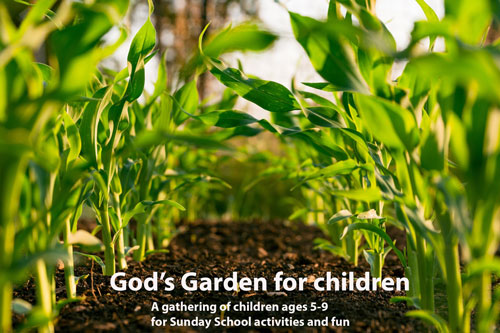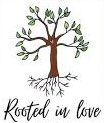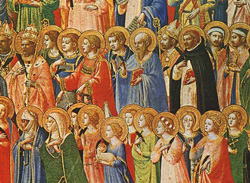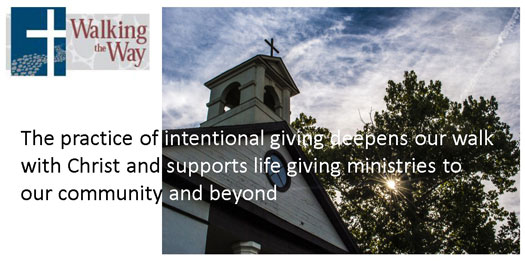
Paul’s purpose in writing this letter was to encourage the new converts in their trials (3:3–5), to give instruction concerning godly living (4:1–12) and to give assurance concerning the future of believers who die before Christ returns (4:13–18)
On his Second Missionary Journey, Paul had travelled through Asia Minor. Paul wasn’t a "solo missionary," rather he operated with a small team — in this case it consisted of Paul, Silas, and Timothy.[4]
At Troas, Paul has a vision of a Man of Macedonia asking him to come and help them. He takes it as God’s call, travelling to Macedonia and later to Greece (Achaia).
In Philippi he begins a church, but Paul and Silas end up being beaten and thrown in jail. They are released by m e ans of an e arthquake, convert their jailer and his family, but are still asked to leave by the city officials in the morning.
Undeterred, Paul and his band continue south to Thessalonica.
"1 When they had passed through[5] Amphipolis and Apollonia, they came to Thessalonica, where there was a Jewish synagogue. 2 As his custom[6] was, Paul went into the synagogue, and on three Sabbath days he reasoned with[7] them from the Scriptures, 3 explaining[8] and proving[9] that the Christ had to suffer and rise from the dead. ‘This Jesus I am proclaiming to you is the Christ,’ he said. 4 Some of the Jews were persuaded and joined Paul and Silas, as did a large number of God-fearing Greeks and not a few prominent women." (Acts 17:1-4)
Some of the converts are women of high rank, wives of city officials. However, most of the converts seem to have been Gentiles from the working class, and many of these are saved not from the synagogue, but directly from paganism (1:9). The Jews in Thessalonica are upset that Paul is attracting such a large following and seek to stop him.
"5 But the Jews were jealous; so they rounded up some bad characters from the marketplace,[10] formed a mob[11] and started a riot[12] in the city. They rushed[13] to Jason’s house in search of Paul and Silas in order to bring them out to the crowd. 6 But when they did not find them, they dragged[14] Jason and some other brothers before the city officials, shouting: ‘These men who have caused trouble[15] all over the world have now come here, 7 and Jason has welcomed them into his house. They are all defying Caesar’s decrees, saying that there is another king, one called Jesus.’" (Acts 17:5-7)
Notice that the Jews don’t attack Paul directly. They find "some bad characters from the marketplace" to do their dirty work for them. In this period, a militant messianic movement (different from Christianity) was spreading among Jewish communities. To stop the violence, in 49 AD Emperor Claudius expelled the Jews from Rome — which is why Aquila and Priscilla had recently moved from Rome to Corinth (Acts 18:2).
So when the mob accuses Paul and Silas of having "caused trouble all over the world" and "defying Caesar’s decrees" with regard to a messiah figure, they are connecting Paul and Silas to the recent civil unrest among the Jews in Rome. That’s why the Jews couldn’t bring these charges themselves.[16]
"8 When they heard this, the crowd and the city officials were thrown into turmoil.[17]
9 Then they made Jason and the others post bond and let them go. 10 As soon as it was night, the brothers sent Paul and Silas away to Berea." (Acts 17:8-10a)
Jason is a prominent Jew who has converted to Christ, since elsewhere Paul seems to refer to him as a kinsman (Romans 16:21). The Greek name "Jason" was common among the Hellenistic Jews, who used it for "Jesus" or "Joshua."[18] Jason is apparently forced to put up money and pledge to the city officials that Paul and his band would leave the city and not cause further problems.
But the Thessalonian Jews don’t stop there. They disrupt Paul’s ministry in the next city, too.
"When the Jews in Thessalonica learned that Paul was preaching the word of God at Berea, they went there too, agitating[19] the crowds and stirring them up. The brothers immediately sent Paul to the coast, but Silas and Timothy stayed at Berea." (Acts 17:13-14)
Paul travels to Athens and stays there for a time. Later he goes to the Greek city of Corinth, where he apparently writes the Thessalonian letters






 to open in a new window
to open in a new window



